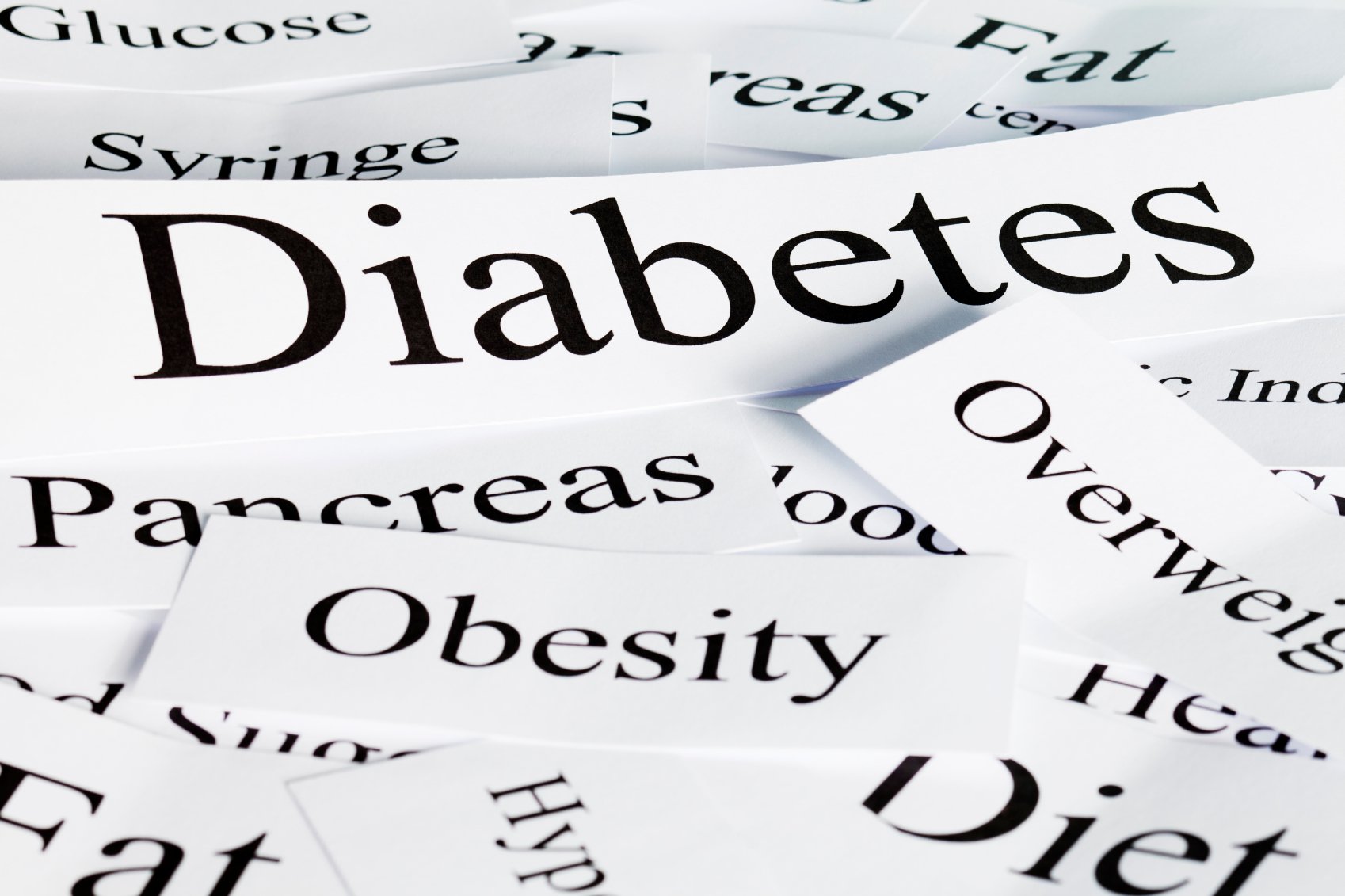
ARE YOUR PROBLEMS WITH DIABETES DISABLING?
Over the last month most of the possible new Social Security clients I have met with have been diagnosed with diabetes. While it seems to be quite a coincidence that it coincides so close in time with Paula Dean’s announcement of a Type II Diabetes diagnosis I have no reason to believe the two are connected. The one thing that was common amount the folks I met with were all in a lot of pain and had all worked very hard to keep on working despite the big challenges they were facing.
This post is intended to explain how the Social Security Administration measures and considers Diabetes in making a disability determination for the Social Security Disability Insurance (SSDI) and Social Security Insurance (SSI) programs.
If you have been diagnosed with diabetes you may have no symptoms at all or you may have complications from diabetes can be disabling. If this is what you are facing you are not eligible to receive Social Security Benefits.
As a little background, Diabetes is a disorder manifested by high blood glucose (sugar) levels. For people without diabetes their bodies can normally regulate their sugar levels. After you eat and digest food, your pancreas produces insulin, which causes glucose to be transferred from your
bloodstream to the cells of your body. Your cells then use glucose to produce energy.
With diabetes, either the amount of insulin produced is insufficient to properly regulate the blood sugar level, or the cells of your body are resistant to insulin. There are two types of diabetes(Type I and Type II) and the diagnosis is based upon the circumstances surrounding your body’s difficulty in regulating blood sugar levels.
TYPE I DIABETES
In type I diabetes, which is genetically inherited, the pancreas is unable to produce any insulin at all. This usually results in a severe disability that begins before adulthood but can be controlled by regular insulin injections. Therefore, type I diabetes is also known as “juvenile diabetes” or “insulin-dependent.” With proper medical care, somebody with this type of diabetes can do most kinds of work; however, an incorrect dose of insulin can have dangerous consequences that can affect workplace safety.
TYPE II DIABETES
With type II diabetes, which is far more common, your pancreas generates insufficient insulin for the amount you have eaten, or your cells have become resistant to insulin. This type of diabetes is controlled by diet and exercise; if diet and exercise do not work, then medications or insulin injections may be added.
DIABETES SPECIFIC COMPLICATIONS
Diabetes in and of itself does not mean you will receive Social Security disability benefits. However, the complications that are associated with uncontrolled diabetes can be severe enough for a favorable award of SSI or SSDI Benefits. The complications that most often lead to disability are:
- Neuropathy (nerve damage) resulting in serious interference in your ability to control the movement of your arms and legs. To be eligible for benefits you must have an impairment in two of your limbs;
- Diabetic ketoacidosis (a medical emergency) if it occurs once every two months, or even more frequently, and is documented by appropriate lab test results, or
- Retinopathy (disease of the retina of the eye), if it results in blindness or near-blindness.
DIABETES, KIDNEY DISEASE, OBESITY & HEART PROBLEMS
Diabetes can also be associated with harm to other parts of the body. Sometimes, for example, diabetes causes kidney disease. If the kidney disease is sufficiently severe to require long-term dialysis (lasting at least a year) or transplantation, you will likely qualify for benefits if you cannot work because of the disease. Diabetes is often a companion condition to obesity and heart problems.
The recent clients I have met with have had an injury to their back which has made it difficult for them to exercise. AS they weren’t able to exercise they gained weight which makes it more likely to become diabetic. If you have experienced this cascade of symptoms or any other medical condition, makes it impossible for you to work, then it may benefit you to consult a lawyer.
To Learn Moreabout the process of obtaining Social Security Disability Benefits or Supplemental Security Insurance benefits please Click Here.



